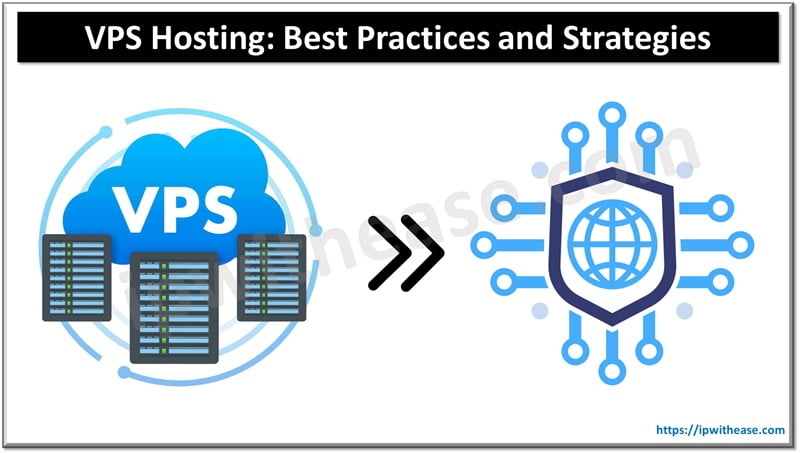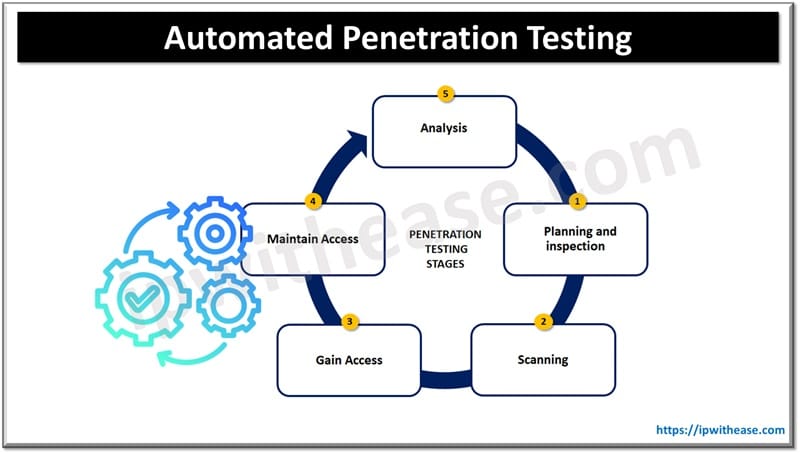Table of Contents
Virtual Private Networks (VPNs) are gaining popularity as people become more aware of the importance of safeguarding their online privacy and security. VPNs are an indispensable tool for securing data when accessing the internet. This article will delve into the four primary types of VPNs, their functionalities, and how they differ from each other.
What is a VPN?
A VPN or Virtual Private Network is a technology that enables a user to access a private network over the Internet in a secure and private manner. A VPN establishes a secure, encrypted connection known as a VPN tunnel. All online activities and data transmission travel through this protected tunnel. It’s important to get a VPN to keep yourself secured with the growing concern about the protection of personal information and online safety.
Types of VPN
VPN technology is relatively simple, but the variety of VPN setups and tunneling protocols can be overwhelming. This can make it difficult to decide which types of VPN are most suitable for your business. To simplify matters, here’s a brief overview of the options available.
The four main types of VPN are:
1. Private/Personal VPN
A personal VPN service is a virtual private network (VPN) that allows users to shield their online activities, ensure confidentiality, and gain access to restricted web content. By hiding your IP address and encrypting the data transmitted between your device and the internet, personal VPNs make it impossible for outsiders to intercept communications or gain access to sensitive information.
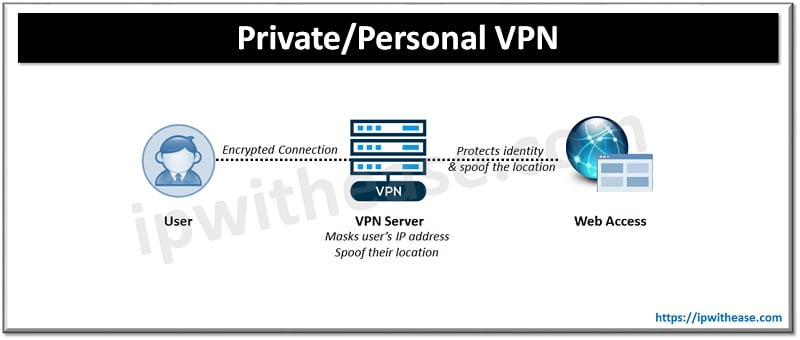
A personal VPN service operates differently from a remote access VPN as it doesn’t provide access to a private network. Rather, it allows you to use the public internet securely through an encrypted connection.
2. Remote Access VPN
A Remote Access VPN allows users to remotely connect to a private network and access all its services and resources. The Internet serves as the bridge between the user and the private network for a secure and private connection. This technology benefits both home and business users.
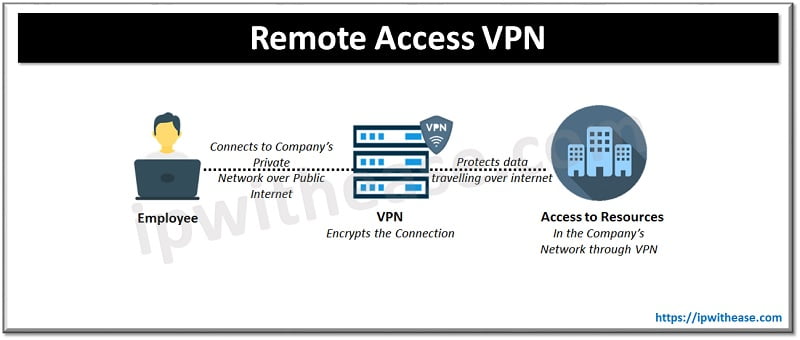
In 2020, when the COVID-19 pandemic hit, numerous organizations shifted their workforce to remote work. They established secure remote access Virtual Private Networks (VPNs) for remote clients to link with essential business operations at the corporate site.
3. Site to Site VPN
A Site-to-Site VPN, which is also known as a Router-to-Router VPN, is widely used in large companies. A site-to-site VPN is intended to establish a secure connection between two sites located in different geographical locations.
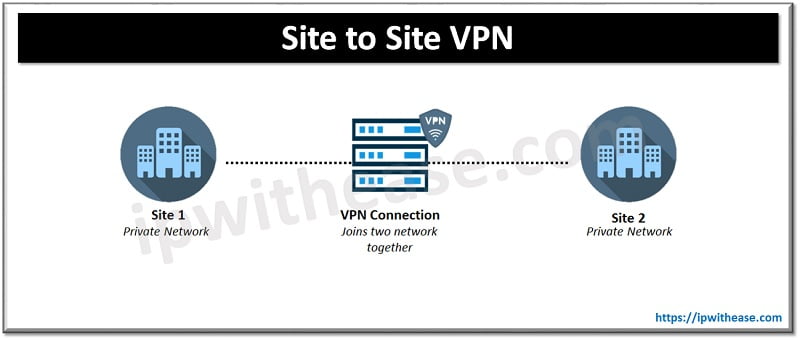
There are typically two types of site-to-site VPN depending on the ownership of the networks being connected:
- Intranet-Based VPN: When networks that belong to the same company are linked together, it is called an intranet-based VPN. This allows the company to create a single WAN that spans multiple offices. Employees can access resources from other locations just as easily as if they were on their own site.
- Extranet-Based VPN: When two networks owned by separate companies are linked together, the resulting VPN is referred to as an extranet-based VPN. This type of VPN is utilized when a company seeks to connect to their supplier’s network in order to streamline their trading processes.
4. Mobile VPN
A mobile VPN is a type of virtual private network that enables mobile users to establish a secure connection with a private network using a cellular network. It creates a secure and encrypted tunnel between the mobile device and the VPN server, protecting the data transmitted over the connection.
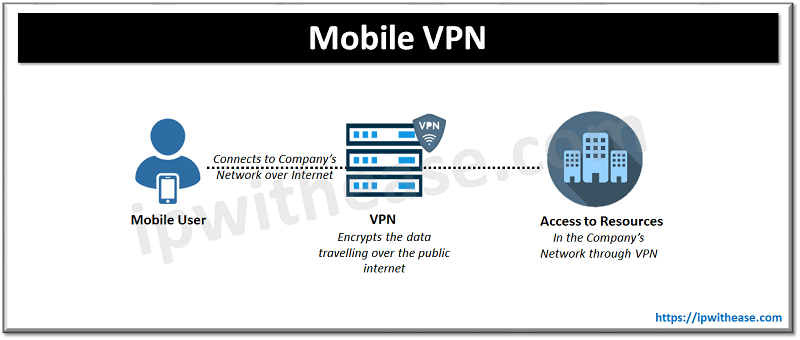
The tunnel created is encoded to ensure that all transmitted data is kept confidential and secure, even if it is intercepted by an unauthorized third party. Moreover, this encryption safeguards the data from malware, phishing attempts, and DNS spoofing.
Mobile VPNs come in two forms: standalone apps or as part of mobile device management (MDM) solutions.
Comparison of the 4 VPN Types
Below table summarizes the differences between the different types of VPN:
| Parameter | Personal VPN | Remote Access VPN | Site-to-Site VPN | Mobile VPN |
| Type of Connection | User connects the internet via VPN server | User connects to a private network. | Private network connects to another private network | User connects to a private network. |
| Software Requirement | Web browser VPN, mobile device VPN, router VPN | Software installed on both a private device and the private network | Software on both networks Users do not need apps | App downloaded to mobile device |
| Use Cases | ➡️Protecting personal data ➡️Bypassing geographic restrictions online ➡️Masks IP | Connecting to a private network ➡️from home or ➡️another remote location | Creating a secure tunnel between two private networks | Access the internet securely via ➡️public wi-fi or ➡️cellular network |
Download the comparison table: Comparing types of VPN
Final Words
We’ve covered the four main types of VPNs in detail. Each type offers distinctive characteristics and advantages, and selecting the appropriate one is dependent on your specific preferences and demands. Whether your objective is to gain access to business assets, safeguard your private data, or overcome restrictions, there’s a VPN that can assist you in achieving your objectives.
Continue Reading:
Troubleshooting IPSEC Site to Site VPN
ABOUT THE AUTHOR

You can learn more about her on her linkedin profile – Rashmi Bhardwaj

